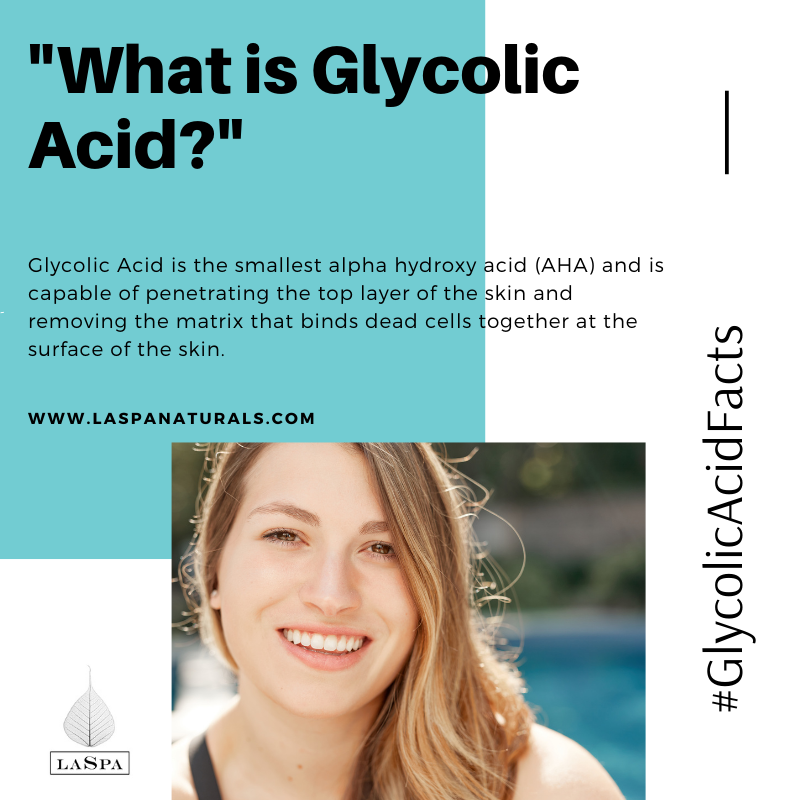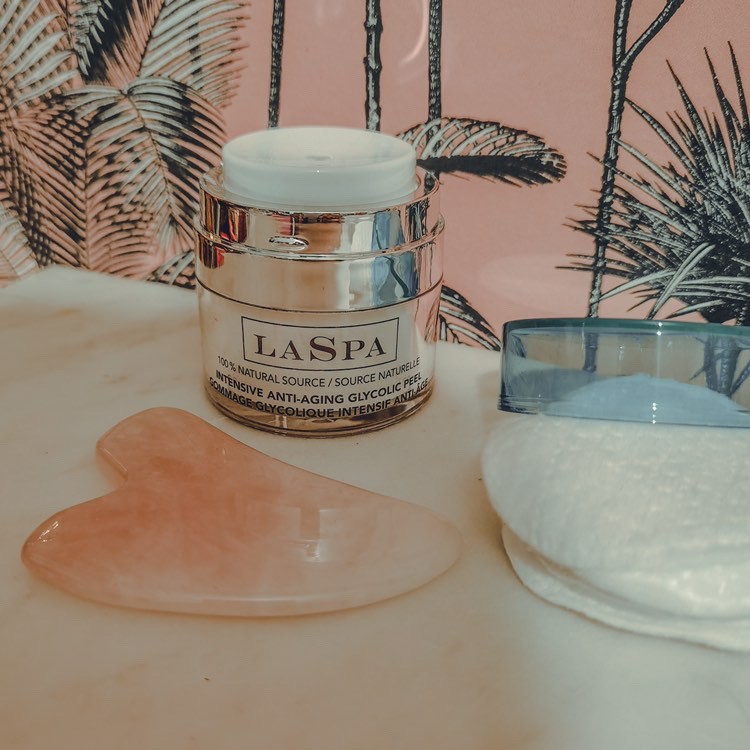A Guide to Face Acids: Which ones you should use based on your skincare concerns?


The word acid can be an intimidating one. You might associate the word acid with an abrasive and harmful substance. But, there are good face acids too. When used properly, face acids have a multitude of skin care benefits. Acids in face wash are a miracle worker and can remedy almost every skin issue.
But, what acid should you choose? There are so many out there it can be a daunting task trying to figure out which one will give you the results that you need. The goal of this article is to introduce you to some beneficial face acids and help you discover which will work for you and your unique skin.
An Introduction to Face Acids
1. Ascorbic Acid
Ascorbic acid is a natural and water-soluble vitamin (Vitamin C to be exact). This acid is a powerful antioxidant which will stimulate your skin’s collagen production, reduce dark spots and brighten your complexion in the process. This powerhouse ingredient also protects your skin from free radicals and pollution by creating a defensive barrier. This is one acid that you want on your skin regime team.
2. Azelaic Acid
Struggle with spots and discolouration? This is an acid you will want to know about. Azelaic acid is a dicarboxylic acid. It essentially acts as a gentle exfoliant which smooths the skin’s surface and cleans out your pores. If you struggle with acne & acne scarring, hyperpigmentation, rosacea and/or melasma…this acid might be your new best friend. It’s safe and effective for all skin types and is an important acid to include in your beauty arsenal.
3. Citric Acid
Next up, Citric acid. This acid is an alpha hydroxy acid (better known as an AHA) that is sourced from citrus fruits. This acid has incredible anti-aging capabilities. It prevents premature aging with regular use and also acts as a gentle exfoliator that can assist with fading spots and acne marks. Out of all of the AHA’s this is one of the less acidic types. So you don’t have to worry about citric acid being too aggressive. In fact, if you have sensitive skin, you may want to consider this gentler form of exfoliation.
4. Ferulic Acid
Ferulic acid aka hydroxycinnamic acid is a true multitasker, in that it can help with a variety of skincare issues. It protects your skin by fighting free radicals, and reduces premature aging too. It’s common for this acid to be used in conjunction with active ingredients like Vitamin C or E, or the previously mentioned ascorbic acid. If you have sensitive skin be cautious with this ingredient as it can be an irritant. The best thing to do is to try a patch test on the side of your face to ensure your skin agrees with it.


Photo Credit: Sultan Sandur @justsultan
5. Glycolic Acid
File under: face acids we love! This acid is truly a miracle worker that addresses all of your skin issues. Glycolic acid is the most effective alpha-hydroxy acid (AHA) ingredient in terms of penetrating the skin and providing removal of the top dermal layer. This is because Glycolic Acid is the smallest AHA molecule and therefore the best ingredient in the market at thoroughly dissolving the skin cells for maximum effect. Glycolic Acid is the holy grail of exfoliation, and therefore a necessary part of a good skincare regime. It has a long list of benefits including reducing the signs of aging, hyperpigmentation, dryness, and reducing the visibility of scarring, and helping with acne. It performs these functions as it helps to generate collagen when used repetitively which has a huge impact on the health and overall appearance of the skin . I mean, what CAN’T it do?
If you are interested in harnessing the power of glycolic acid, consider a LASPA glycolic acid peel. The LASPA Intensive Glycolic Acid Peel is formulated with 100% Bio-based fermented and purified Glycolic Acid (10%) + Hyaluronic Acid for hydration. This LASPA product will exfoliate your skin, reduce spots and fine lines, and give you an all-around luminous glow. Give it a try, your skin will thank you. Oh, and don’t forget to follow up with LASPA SPF product. Mineral sunscreen benefits are an important component to add to your skincare regime, especially when you use a glycolic acid peel as your skin will be more vulnerable to UV rays following use.
6. Hyaluronic Acid
Dry skin? Enter hyaluronic acid. This acid is known for its water retaining capabilities and is an incredible hydrater. Aside from giving your skin a healthy drink of hydration, it will reduce the signs of aging by reducing the appearance of lines and wrinkles while softening and nourishing your skin.
As mentioned above hyaluronic acid is a key ingredient in our LASPA glycolic acid peel.
7. Lactic Acid
Out of all of the face acids out there, this one, on its own, may be the best choice for people with sensitive skin. It has the same exfoliation and anti-aging capabilities as other face acids, but it is more gentle and is less likely to irritate the skin. So keep this one in your back pocket when perusing new skincare products.
8. Salicylic Acid
If you have acne-prone skin, this is an ingredient you need to know about (that is, if you don’t already). Salicylic acid is a beta hydroxy acid (BHA) and a godsend for its pore-penetrating and sebum reducing abilities. This acid is gentle and is unlikely to irritate your skin or cause new breakouts. Not only does it kick acne to the curb, but it also helps fade marks of discolouration and can remedy rosacea too. If you have darker skin, it’s important to know the following: salicylic acid can cause skin to lighten or darken on occasion, so be cognizant of this fact when using a product containing SA.
9. Mandelic Acid
This is another of the more gentle face acids. Mandelic acid is an AHA exfoliating ingredient with anti-acne and anti-aging benefits. With this acid you will see similar effects to glycolic acid like face brightening and cell turnover, but will penetrate your skin more slowly and is less aggressive. So if you’re looking for an alternative to a glycolic acid peel for sensitive skin, this could be it!
10. Oleic Acid
Oleic acid is an essential fatty acid extracted from animal and vegetable sources (like olive oil). It is highly moisturizing and is an antioxidant to boot. So who should use this one? Well, number one – if you’ve got dry skin you’ll want to get your hands on some skincare products formulated with oleic acid. Additionally, it’s also anti-inflammatory and is a great choice for people struggling with eczema, psoriasis and dandruff too.
Mixing Face Acids 101
To put it bluntly, don’t! Mixing different face acids can cause severe reactions and irritation to your skin. So to avoid a skincare disaster it is advisable to do your research before applying product after product.
Tips:
- Organize your acid use by morning/night use i.e. use salicylic acid in the morning and different face acids at night so they don’t react
- AHAs should not be used with retinol.
- Salicylic acid should not be mixed with any other acid at the same time. This acid should be used on its own to avoid skin irritation.
- Do not use salicylic acid in conjunction with other skincare products that contain niacinamide.
- Don’t use lactic acid or glycolic acid in combination with ascorbic acid (vitamin C). The lactic acid and glycolic acid will stop the ascorbic acid in its tracks before it even has the chance to get to work.
- If you are using the LASPA Glycolic Acid Peel Treatment, do NOT use it in conjunction with ANY of the Face Acids discussed here, as the Glycolic Acid used in that product is at the maximum strength allowed by law, and it is combined with hyaluronic acid to address issues of skin redness or irritation.
Are face acids safe for all skin types?
It rings clear that face acids have tremendous benefits and are a key component to nailing down an effective skin care regime. But, are face acids safe for all skin types? The short answer is no. All of our skin is as unique as we are, so always conduct a patch test if you have any concerns about the products or their ingredients. And ALWAYS follow the directions to the letter. If you are experiencing any of the following, face acids are not the best choice for you: extreme inflammation, cracked and dry skin, flaking skin, open skin (sores, zits etc).
When your skin is in a vulnerable state and your skin barrier is open because of cracking, flaking etc…the face acids won’t be absorbed as they normally would and will seep right into the skin breaks. This can cause intense irritation and redness too. Once your skin is back to normal, it’s safe to use these products but when it’s vulnerable and not in it’s best shape, hold off on using any sort of face acids in your skincare routine.
And finally, if you have skin of a darker tone, always be cautious when using face acids. Some face acids have the ability to cause discolouration (a lightening or darkening of the skin). So for your skin’s sake, consult with your skincare specialist and make sure you do your due diligence before dabbling in the world of face acids.

